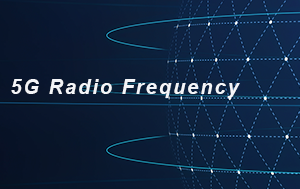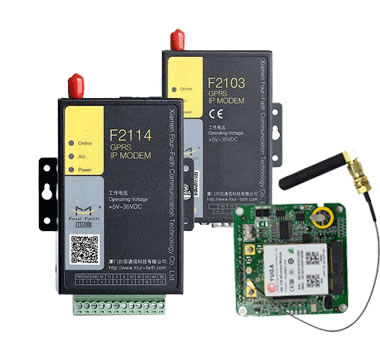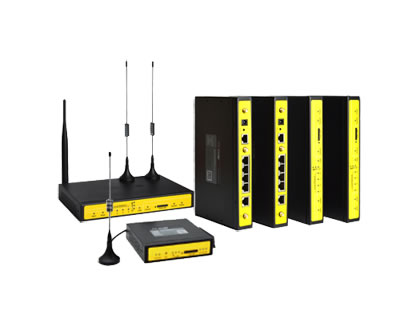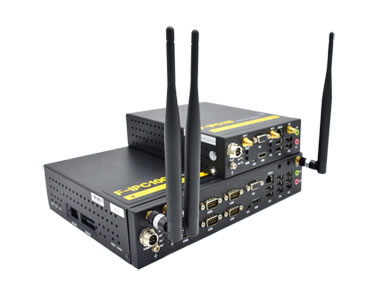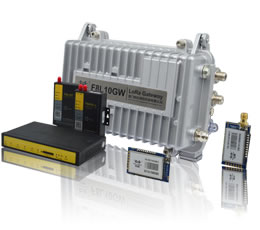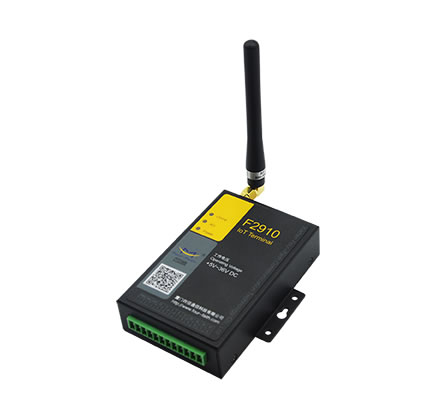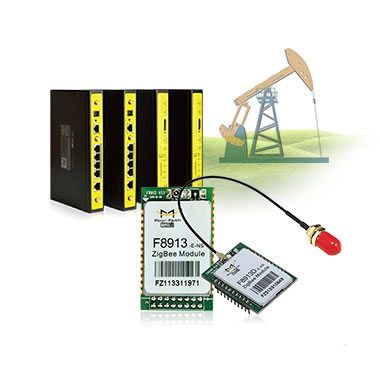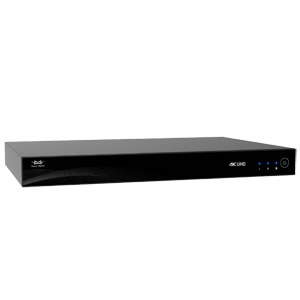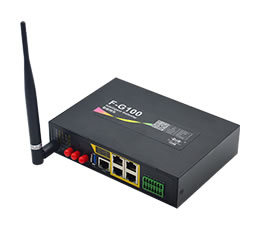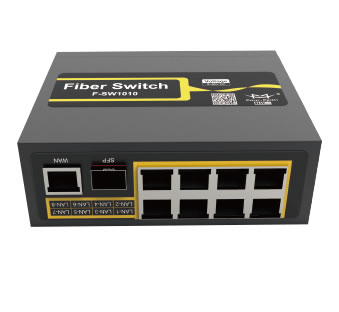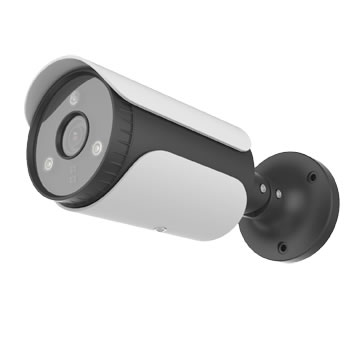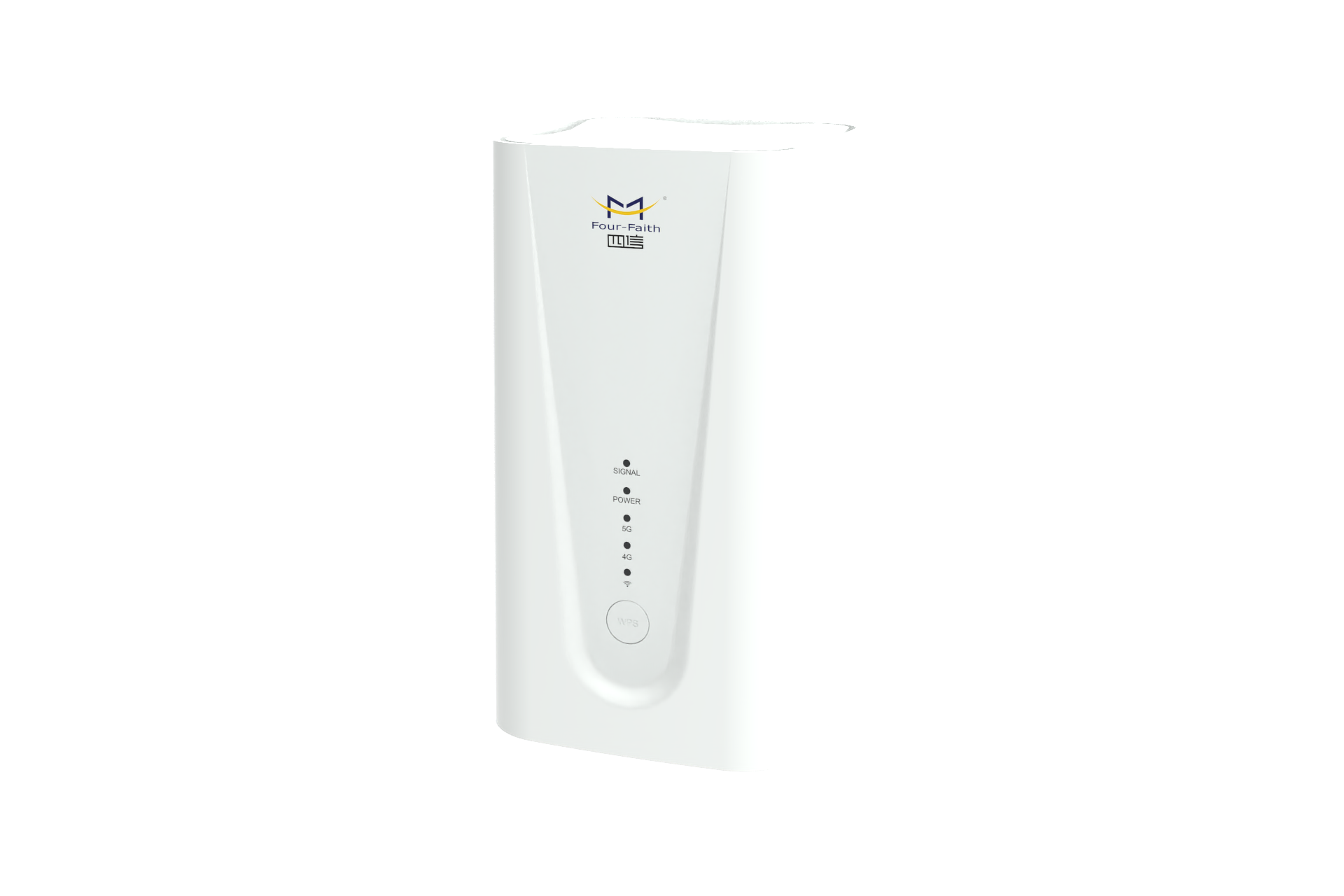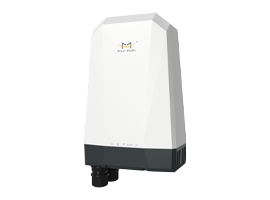4G LTE networks have come a long way since the 3G. It is common to have a 4G connection that can provide throughput of tens of Mbps downlink and several Mbps uplink. Especially considering that you may not be able to get similar rates from a wired broadband connection depending on your location.
So, we will look into some of the use cases that 4G routers might be a good solution for. We will also highlight some of the potential shortcomings of a 4G router for certain applications. Overall, we would like to dive deep into the aspects that matter when choosing a 4G router. Let’s begin.
First, let’s start with some facts about 4G networks that may not be apparent immediately. Even though there has been dramatic improvements in the cost of bandwidth in 4G networks in recent years, you can still expect to pay $5 or more per GB of data with 4G LTE networks. There are some “unlimited” service options, but if you dig deeper into the fine print, in a majority of cases, they are not truly unlimited as they would throttle down your bandwidth after a certain amount of usage. With that in mind it is a good rule of thumb to plan between $5 to $10 per GB bandwidth cost.
4G LTE networks are inherently unpredictable. This means that even though in ideal locations, times and environments, the performance of a 4G modem can be fantastic, there is no guarantee of achieving that result every single time. As a matter of fact, because of fast-fading, slow-fading, network congestion and many other factors, your performance may vary significantly within only a few milliseconds, or even millimeters. So, it is safe to assume that 4G networks are, and will remain unpredictable.
The carriers you use make a difference. Oddly enough, there is no clear winner among carriers, as they usually excel in different aspects. Some carriers have the largest coverage area, some carriers have the best urban performance, some are better in rural areas etc. So, you should usually expect performance variation based on carriers. It is not uncommon to see one carrier outperform another in a certain location at a certain time, while the following day the roles may reverse.
With all these base level factors in mind, let’s investigate what factors and features you should consider in a 4G router.
1) What is your use case?
This is perhaps the most important factor in determining the features you need to look for in a 4G router: how will you be using the 4G router? Is this for a retail store as a back up on an existing primary wired connection (imagine the back up Internet for a POS register)? Is the 4G router going to be used in a specialty vehicle (imagine a police car with surveillance cameras)? Or will you be using the 4G router as an alternative residential Internet access?
If you are considering using a 4G router as a primary Internet connection for everyday use in a residential environment, you are probably still a year or two early. This is because the cost of the data has still not gotten to levels where you can replace your wired Internet line with a 4G router. A 4G router should be considered only when you have no other wired Internet options in your house. Having said that, a 4G as a failover for the wired Internet at your house is a very smart move. For this type of simple setup, a 4G router that can accommodate a single wired WAN and a single 4G connection will be a good choice. We recommend 4G routers with built-in modems so that you can use an external antenna for best coverage.
2) Do you have an industrial use case for the 4G router?
In case your goal is to leverage a 4G router in an industrial application, such as a backup connectivity for a branch office, or as a primary connectivity for a mobile or temporary office, then your 4G router needs to support some advanced features including firewall, broadband bonding and application centric optimizations. Ideally, you would like to have the 4G router capability within your primary router, such as an SD-WAN router with Broadband Bonding capabilities. In this setup your wired line can failover on to a bonded set of 4G connections. Bonding two or more 4G wireless connections will provide not only a wider bandwidth and higher throughput but will also provide self-healing capabilities for the traffic going over the 4G network. Think of it as adding another lane onto your Internet highway. Compared to a single-lane highway, a two-lane highway will always outperform. Broadband Bonding features will allow the cars driving on that highway to dynamically switch lanes, so to speak, and therefore shield network problems, fluctuations and outages from your applications. This naturally brings up our next aspect to consider.
3) Will your 4G router be your primary or failover connectivity
If your 4G router is going to be carrying your traffic all the time, i.e. will be your primary means of Internet connectivity for your office, specialty vehicle or similar, then we highly recommend 4G routers with more than two cellular 4G connections. Going back to our highway analogy, this will mean a larger capacity highway to carry more cars with ease. For failover-only scenarios, where the 4G connections need to keep the connectivity alive for only a limited time, having only two connections might be enough. We still caution against a single 4G failover for the following reason.
4) Will you benefit from carrier diversity?
In cases where you have a single 4G connection in your 4G router, you are essentially putting all your eggs into a single bandwidth basket. If that basket (i.e. carrier) exhibits degraded performance, and that is almost unavoidable in wireless environments, then your failover insurance failed you. For these reasons we suggest using at least two cellular connections at a bare minimum. Increase that number of cellular connections as a function of the mission criticality of your Internet connection, as needed.
5) Do you use special applications that need special care?
Another important consideration is your traffic profile. If you are relying on IP traffic that has high SLA requirements, typically real-time applications such as VOIP, video conferencing or chatty applications such as cloud services, then your 4G router needs to have application aware flow management capabilities. These can be as advanced as “VOIP Armor” where the voice packets are sent over the network in such a way that any loss of packets or late arrivals can be shielded from the end user, by leveraging error-correction and network coding techniques. Essentially, the 4G connections are intelligently used to create an optimized tunnel for the application type at hand. Different types of flows demand different types of network characteristics and it is your 4G router’s job to utilize the best tunnel that is optimized for that specific type of flow in order to provide the best end-user experience.
6) What type of environment will the 4G router be used in?
It is important to have ruggedized 4G routers in cases where you will be using the device in harsh environments. Certain environments may even require specific certifications, such as installation in trains. In this case, it is critical for the 4G router to be ruggedized according to spec, to allow for optimal performance against temperature extremes, excessive vibration etc., as well as for safety reasons.
7) What are some other good-to-have features?
The 4G router can also have some additional features such as firewall, layer 7 filters, DHCP server, advanced QoS and others. It is important to match these additional features with your requirement list to make sure you are getting the best matching 4G router for the job at hand.
8) What is the return on your investment on your 4G router?
Last but not least, you should look at the investment recovery time by looking at the savings that the 4G router will provide. These savings may be realized by eliminating downtime for your business, by providing higher quality VoIP calls or other services, or by increasing efficiency in file and data uploads and downloads. Depending on the cloud services that your business depends on for business-critical applications, in most cases, a 4G router will pay for itself within weeks if not sooner. Nonetheless, it makes sense to go over that calculation to make sure your investment is a wise one.




